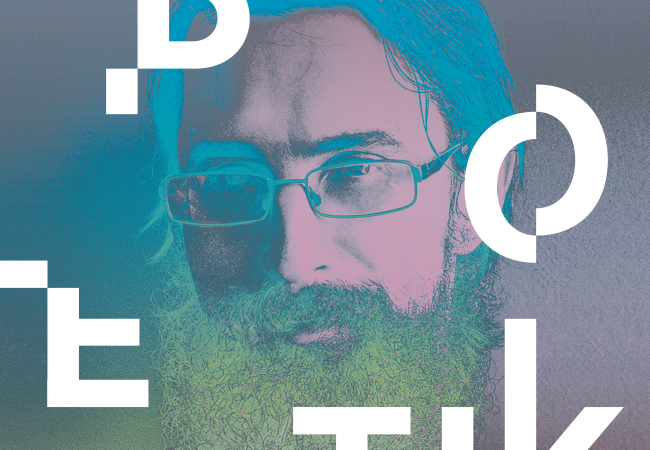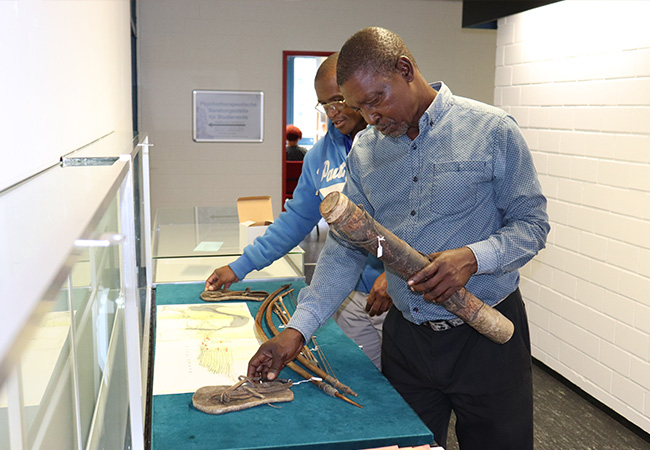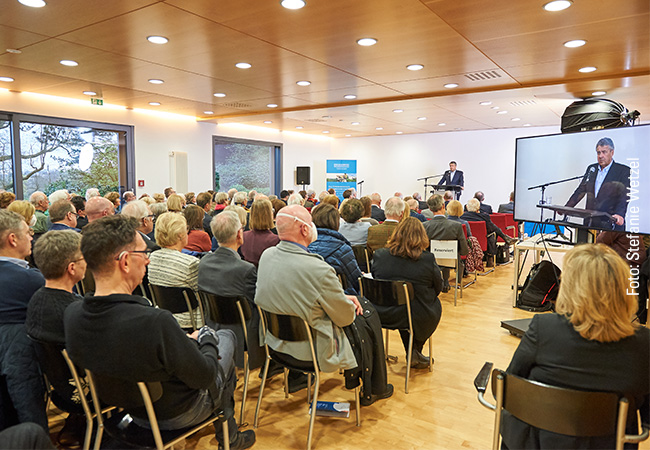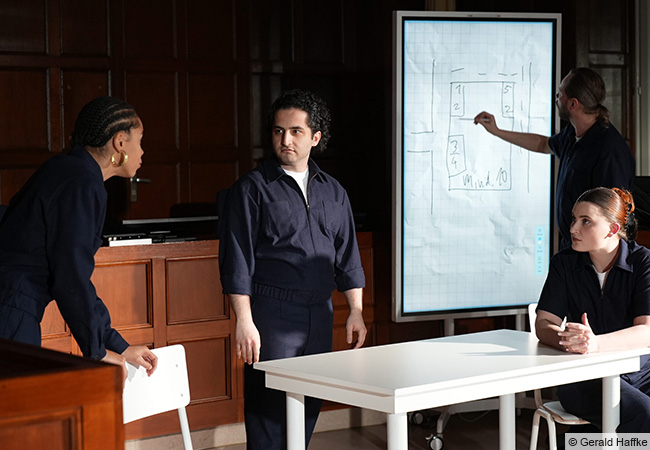Johannes Twardella about his book “Islam und Pädagogik. Studien zur Position des Lehrers im Islam” [“Islam and Pedagogy. Studies on the Teacher’s Position in Islam”].
UniReport: What readership did you have in mind when you wrote this book?
Johannes Twardella: I wrote it for people concerned with Islamic religious education and the Islamic pedagogy of religion in the broader sense. As for me personally, I would like to enter into a discussion with both students and teachers. I hope the book will also be of interest to those intrigued by a sociological and pedagogical perspective on Islam, who wish to learn more about the religion, its history and how it has and continues to address pedagogical questions.
Hesse first introduced faith-based instruction in Islam in 2013, with the curriculum determined by the DİTİB Türkisch-Islamische Union der Anstalt für Religion e.V. [Turkish-Islamic Union for Religious Affairs]. What about the pedagogical side?
I start my book by explaining a lot about the origins of Islam, the Koran, the Hadith and the Prophet’s biography – and only address Islamic religious instruction towards the end. Here, I am less concerned with DİTİB and its influence on religious instruction. That being said, however, it is of course extremely important to ask the question of how the pedagogy of Islamic instruction is influenced. Does this debate focus on certain aspects of religious tradition, or does it also extend into how these are communicated?
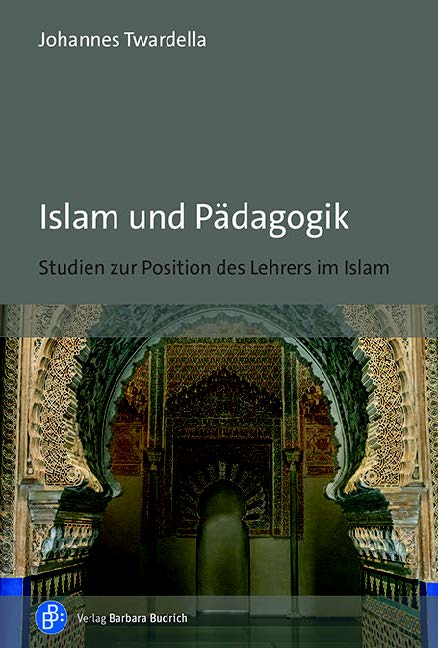
Johannes Twardella
Islam und Pädagogik. Studien zur Position des Lehrers im Islam
Verlag Barbara Budrich 2023, Leverkusen-Opladen
How do you answer this question?
As a democratic society, we place certain demands on pedagogy – and that is something we should continue to keep doing. At the same time, however, we should also think about the extent to which comparable pedagogical approaches have been developed in the Islamic tradition and whether and how these can be integrated without having to forsake the aspects of pedagogy that are important to us.
What makes Western pedagogy different from that of Muslim cultures?
To answer that question, I first tried to look at history as a sociologist. In the early phase of Islam, pedagogy and prophesy did not exist independently of one another: In his actions, the Prophet Mohammed combined both aspects, serving as both prophet and teacher. Here I refer to a variety of texts to illuminate the relationship between prophesy and pedagogy. After all, it was proclaimed upon Mohammed’s death that he was the last prophet and that none could follow. As a result, prophesy and pedagogy should actually be considered separately. In practice, however, certain pedagogical structures are derived from the prophetic. Yet, under modern pedagogical conditions, the pedagogical must be clearly demarcated from the prophetic – especially with regard to the relationship between teachers and students, and to the manner in which teaching and learning occur in Islamic religious instruction.
How would you describe the role of the teacher in Islam?
The addressee’s relationship to the Prophet is that of a follower. The Prophet’s efforts to acquire followers are directed at the addressee’s entire person. Believing is not a role one can play – it takes the entire person to believe. The teacher-student relationship is more complicated than that: It relates to the entire persons of both teacher and student. However, each also has a certain role to play: the teacher has certain clearly defined tasks, and students also have to assume certain roles. That being said, here, too, the role ultimately relates to the whole person, and students should be guided toward autonomy. Modern pedagogy focuses on education and autonomy. Islamic religious instruction should be similarly designed, aimed at fostering students’ independence rather than at teaching them how to behave. While it is important to address questions of how believers should act and which moral considerations should guide them, classes must focus primarily on education.
What other role could Islamic tradition play?
It is possible to identify certain commonalities. There are first signs of a notion of professionalism emerging among Islamic pedagogical thinkers, with several remarkable excurses about didactics. When it comes to the kind of professionalization we expect from teachers today, however, pedagogical thinking in Islam still has its limits.
Should future teachers be aware of tradition in teaching about Islam?
Here in Germany we have only just begun examining the tradition of pedagogical thought in Islam. The same is true of Islamic religious pedagogy. My book aims to make a contribution to this debate. As such, it features interviews with students, one of which clearly shows that someone who grew up here [in Germany] also absorbes the norms and values of Western pedagogy. That being the case, it’s still useful to examine the tradition of pedagogical thought in Islam.
Questions by Anke Sauter.
Dr. Johannes Twardella is a lecturer in Goethe University’s Faculty of Educational Sciences.



